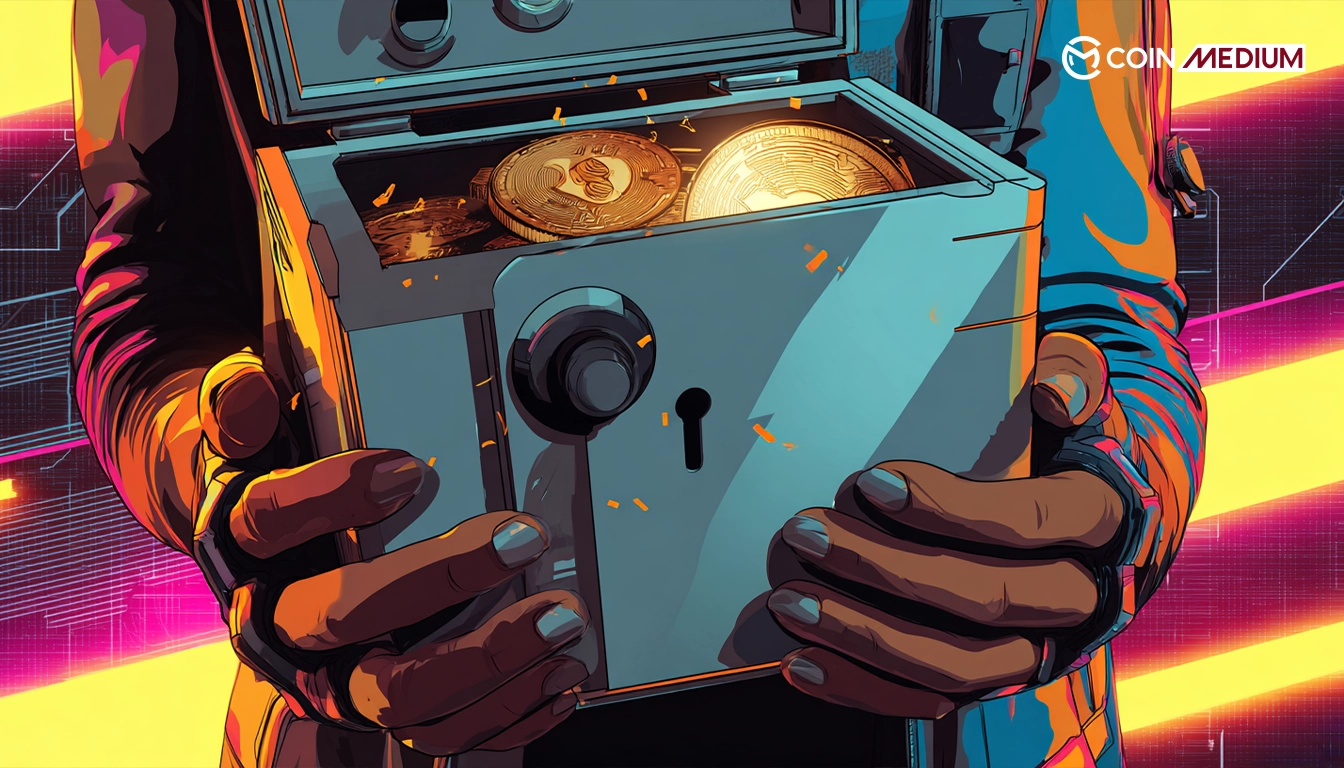- A Cold Wallet is a cryptocurrency storage that keeps private keys offline, disconnected from the internet, to enhance security against hacking and unauthorized access.
- Bitmain team is a leading company in cryptocurrency mining hardware and solutions, headquartered in Beijing.
- Douyin is a Chinese short-video social media platform often called the Chinese version of TikTok.
A crypto user who purchased a discounted cold wallet through Douyin, a Chinese app similar to TikTok, has reportedly lost over $7 million through the compromised cold wallet.
The incident has created a major scare across the crypto industry though it adds to a list of recent waves of cybercrimes and crypto exploits.
How did the scam take place?
According to blockchain security firm SlowMist, the wallet purchased by the user on Douyin Shop had been compromised before it was even shipped. The private key had been exposed at the time of its creation allowing scammers to drain the user’s funds within hours.
The victim of this scam, a close friend of a former Bitmain team member known online as Hella, had purchased what appeared to be a factory sealed wallet from Douyin Shop, the e-commerce feature of the popular short video app Douyin.
However, SlowMist confirmed that the wallet had been tampered with and embedded with a compromised private key. Within hours of activating the wallet, the user’s crypto assets were stolen.
Hella described the wallet as “a carefully designed hot trap”.
The stolen funds were reportedly laundered through Huiwang, a Cambodian conglomerate linked to illicit operations including the crypto exchange Huione Crypto, and the darknet marketplace Haowang Guarantee.
SlowMist’s Chief Information Security Officer, posting under the handle 23pds on X warned users not to “gamble their entire fortune on a wallet that’s a few hundred bucks cheaper.”
He added that saving money on security could ultimately lead to financial devastation.
While SlowMist was able to trace the movement of the stolen assets, Hella noted there was “little hope” of recovering the funds.
E-Commerce and Cyber Scams on the Rise
This incident is a great sample of the irreversible nature of cybertheft in the decentralized crypto landscape.
Discounted cold wallets and counterfeit “factory sealed” devices are being used to lure unsuspecting buyers into security traps. Many of these scams happen through third-party sellers who may be unaware they are part of a larger scheme.
This case highlights the increasing number of fraudulent crypto products available through major e-commerce platforms, the problem is not an isolated scenario.
In fact, just in the first quarter of 2025, crypto exploits and hacks caused over $2 billion in losses. Of this amount, around $1.63 billion was attributed to access control issues. There were cases of phishing and even kidnapping, with cybercriminals getting more advanced and sophisticated with each crime.
In April, Kaspersky revealed that thousands of counterfeit Android phones sold online came preloaded with malware targeting crypto wallets and other sensitive user data.
In May a Chinese printer manufacturer was accused of distributing crypto-stealing malware embedded in its official drivers, leading to nearly $1 million in stolen Bitcoin.
Crypto experts continue to stress the importance of purchasing wallets and other crypto hardware only through verified and official channels and lobbying for crypto regulation to put an end to these scams.
